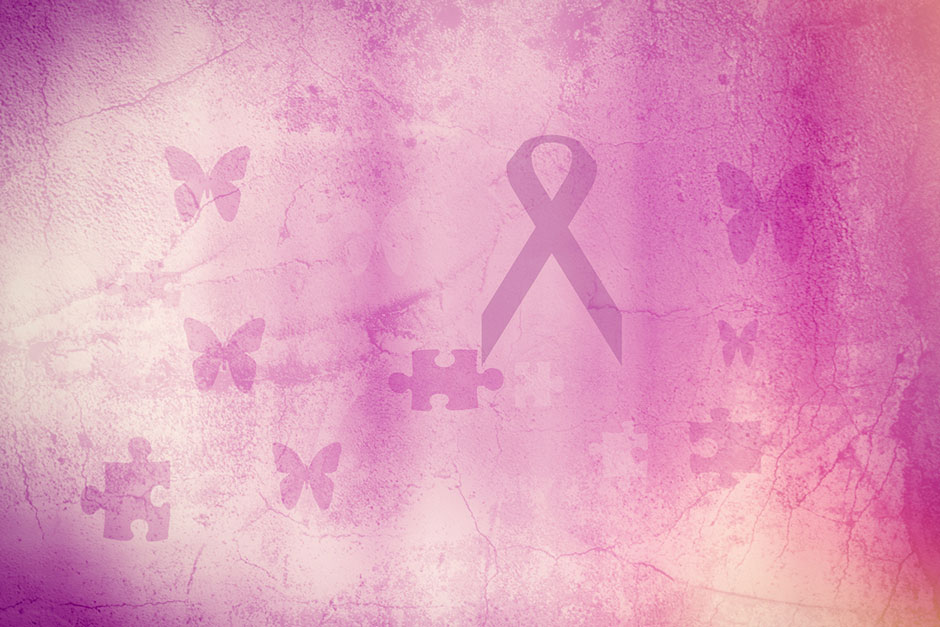Doctors currently recommend chemotherapy for women with early-stage breast cancer, but the results of a new study suggest that 70 percent of women with this type of cancer can safely skip the chemo. Instead, these patients can receive a medication that blocks hormones associated with breast cancer. These findings could dramatically change how doctors treat early-stage breast cancer patients.
Treatment Options Based on the 21 Gene Test
Genes play an important role in the development and spread of many types of cancer. Researchers in this major international study measured the activity of genes involved in the recurrence of breast cancer. Studying the genes helped the researchers determine whether a patient’s cancer will come back or not.
Genes contain the information they need to make proteins that do certain functions. When a gene is turned on or activated, it produces a protein. Certain genes are involved in the recurrence of breast cancer and when those genes are activated in a breast cancer survivor, the chances of cancer coming back increases.
Doctors currently use a 21-gene test from a patient’s breast cancer biopsy to determine how active these genes are and to decide if a patient needs chemo or not. They use the results of the test to assign a “recurrence score” from zero to 100. The higher the score, the greater the chances cancer will return.
Medical scientists knew that patients with a very high recurrence score of 25 or more needed chemotherapy, and those patients with a very low recurrence score of 10 or less did not need chemotherapy. They did not know about the 70 percent of patients in the middle of the recurrence score scale, which are those who had scores of 11 to 24. Would it be safe for these women to skip chemotherapy?
How Does Chemo Work?
Chemotherapy, or “chemo,” is the use of drugs to destroy cancer cells. Chemo uses cytotoxic drugs that interfere with the growth and division of cancer cells. Chemotherapy also makes cancer cells more sensitive to the effects of radiation treatments to control cancer.
While chemo is very effective, it can cause severe side effects that make the therapy uncomfortable. Side effects of chemo include anemia, diarrhea, fatigue, hair changes, fertility problems, infections, memory problems, and even menopause and menopause symptoms. Avoiding those severe side effects could drastically improve the quality of life for women with early-stage breast cancer.
“With results of this groundbreaking study, we now can safely avoid chemotherapy in about 70 percent of patients who are diagnosed with the most common form of breast cancer,” said co-author of the study and the Huizenga Family Endowed Chair in Oncology Research at Loyola University Chicago Stritch School of Medicine, Kathy Albain, MD, in a press release. “For countless women and their doctors, the days of uncertainty are over.”
Study Results
The results of this study show that the vast majority of early-stage breast cancer patients with mid-range recurrence scores do not need chemotherapy. That is very good news for women with this disease.
Doctors describe the progression of cancer in stages. In the first stage of cancer, known as early-stage breast cancer, the abnormal cells are located only in breast tissue. In later stages, the abnormal cells spread to tissues far from the breast.
There are several types of breast cancer, and some types interact with hormones in the blood. These cancers have special receptors that latch onto estrogen or progesterone. Once the hormones latch onto the receptors, the estrogen or progesterone fuels the growth of cancer cells, but drugs like tamoxifen can block the hormones from latching onto the those cells. These drugs can also prevent the body from producing cancer-feeding hormones.
Gene tests on tumor samples could identify those women who could skip chemotherapy and take tamoxifen instead. Tamoxifen and related medicines are known as endocrine therapy and have become an essential part of treatment for most women with early-stage breast cancer. Endocrine therapy lowers the risk of recurrence, the appearance of new breast cancer, and death from breast cancer.
Loyola Medicine Researchers Studied More than 10,000 Women
Researchers from Loyola Medicine enrolled 10,273 women with early-stage breast cancer into the study. All the participants had hormone-receptor positive, HER-2 negative, which is the most common type of early-stage breast cancer. The scientists performed the 21-gene test on the participants, and looked closely at the 68 percent of patients who had intermediate scores.
The researchers randomly assigned the participants to one of two groups. One group of patients received chemotherapy and endocrine therapy. The other group of women received only endocrine therapy. The scientists assessed both groups for several outcomes, including being cancer-free, having cancer come back locally or to distant sites in the body, and overall survival.
There were no significant differences between the chemotherapy and no chemotherapy groups overall. There were particularly no differences in the outcomes of women ages 50 to 75, which means that older women do just fine on endocrine therapy alone. The researchers did find that chemotherapy provided slightly better outcomes for younger women with scores of 16 to 25.
“The study should have a huge impact on doctors and patients,” Dr. Albain said. “Its findings will greatly expand the number of patients who can forgo chemotherapy without compromising their outcomes. We are de-escalating toxic therapy.”
The researchers published the results of their study in the New England Journal of Medicine.
Read Next:
Cancer, Courage and soon, Celebration
Surviving Breast Cancer; The New Normal
Source
https://www.nejm.org/doi/10.1056/NEJMoa1804710
https://www.sciencedaily.com/releases/2018/06/180603193614.htm







